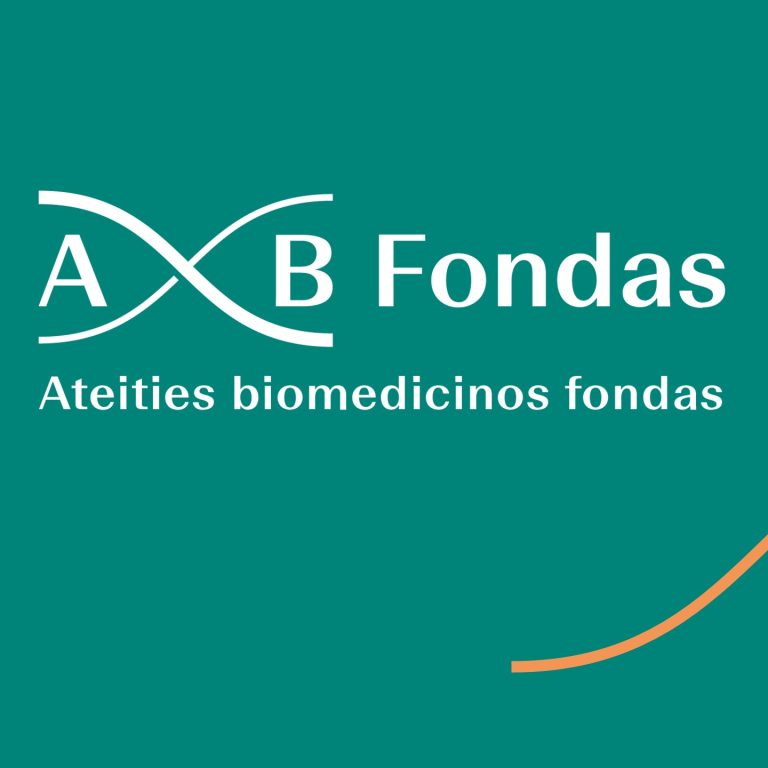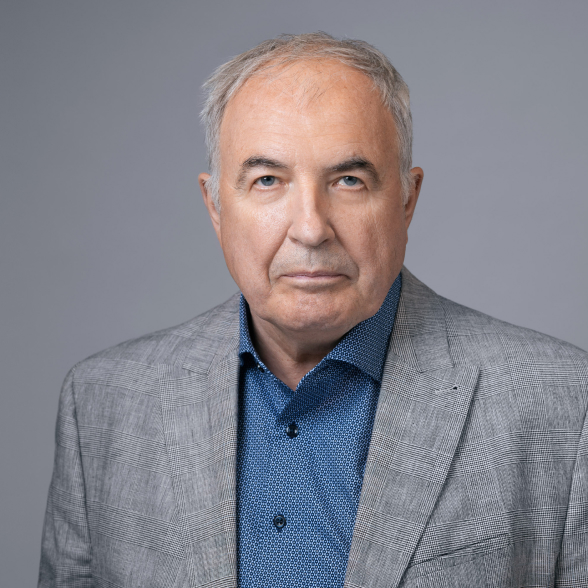The 3-month submission and evaluation of applications for funding for personalised medicine research has ended. More than €800,000 in funding is available for molecular research on lung, larynx, pancreas, stomach, kidney tumours and other diseases.
The panel has decided to allocate more than €800,000 in funding to projects dealing with cancer – 9 of the 12 funded proposals are related to molecular studies of tumours. Their funding starts in the first months of this year.
The panel has decided to allocate more than €800,000 in funding to projects dealing with cancer – 9 of the 12 funded proposals are related to molecular studies of tumours. Funding starts in the first months of the year.
A panel of experts has been set up to evaluate the applications
The call for proposals has been open since June, with 46 applications received during this period. A panel of renowned scientists with international experience in personalised medicine was set up for the evaluation: Prof. Sonata Jarmalaitė, Dr Linas Mažutis, Prof. Artūras Petronis and Prof. Juozas Kupčinskas.
“We started the evaluation of the applications by signing a declaration of impartiality and a pledge of confidentiality, which obliged us to respect the principles of transparency and equality,” said geneticist Prof. Sonata Jarmalaitė. – The Chair of the Committee organised two expert meetings, with at least three experts assessing each application. This period lasted 2-3 weeks. The committee presented a list of projects to be funded, ranked according to the evaluation scores, and the Board decided how many of the selected applications to fund, taking into account the financial capacity of the Future Biomedicine Fund.”
A large proportion of applications come from Lithuanian universities
29 applications were submitted by universities, 9 by research institutes, 4 by hospitals and 4 by joint groups. The largest number of applications came from the Lithuanian University of Health Sciences, Vilnius University and the National Cancer Institute. Applications came from both large research groups and individual PhD students. The total amount of funding requested from the submitted proposals exceeded €5 million.
“When evaluating and selecting the applications, we focused on criteria such as scientific novelty, progressiveness, internationalisation and personalised medicine,” said J. Kupčinskas, head of the expert panel. – “Globally, much of the advances and progress in the biomedical field are related to advanced molecular research, which explores genetic, epigenetic and other molecular elements to understand the origins of hitherto unexplained diseases and to develop new methods of diagnosis and treatment. Support for research in this field is a priority area in all Western countries. We hope that the development of this field of science in Lithuania will also contribute to globally significant innovations in the long term.”
Cancer, diabetes and cardiovascular disease have received the most research attention
A
According to the Future Biomedicine Foundation, the topics covered by the proposals range from neonatal diseases to personalised treatment of degenerative diseases. However, the largest number of applications focused on molecular studies of the most common diseases – cancer, cardiovascular disease and diabetes.
According to Ms Jarmalaitė, the strong research focus on cancer is not surprising, as oncology dominates the world’s personalised medicine solutions. The fact that only a quarter of the registered innovative cancer drugs are available in Lithuania and that there is a lack of reimbursable genetic diagnostic tests for early detection of diseases may also have contributed to this attention.
Artūras Petronis added that although Lithuania is still lagging behind the Western world in the context of these studies, initiatives such as the Future Biomedicine Foundation are helping to bridge this gap.
“Personalised medicine research is widely carried out in the world, it is the present of medicine. It is very important that this programme expands and deepens in Lithuania. State organisations should also pay attention to this and contribute to similar projects,” said the scientist.
About the Future Biomedicine Foundation
The Future Biomedicine Foundation was established in 2022 by Professor Arvydas Janulaitis, a pioneer of modern biotechnology in Lithuania, who invited other prominent Lithuanian scientists and representatives of modern business to join his team. The aim of the Foundation is to provide researchers with additional opportunities to develop biomedical research in Lithuania, with priority given to science and studies related to personalised medicine.



